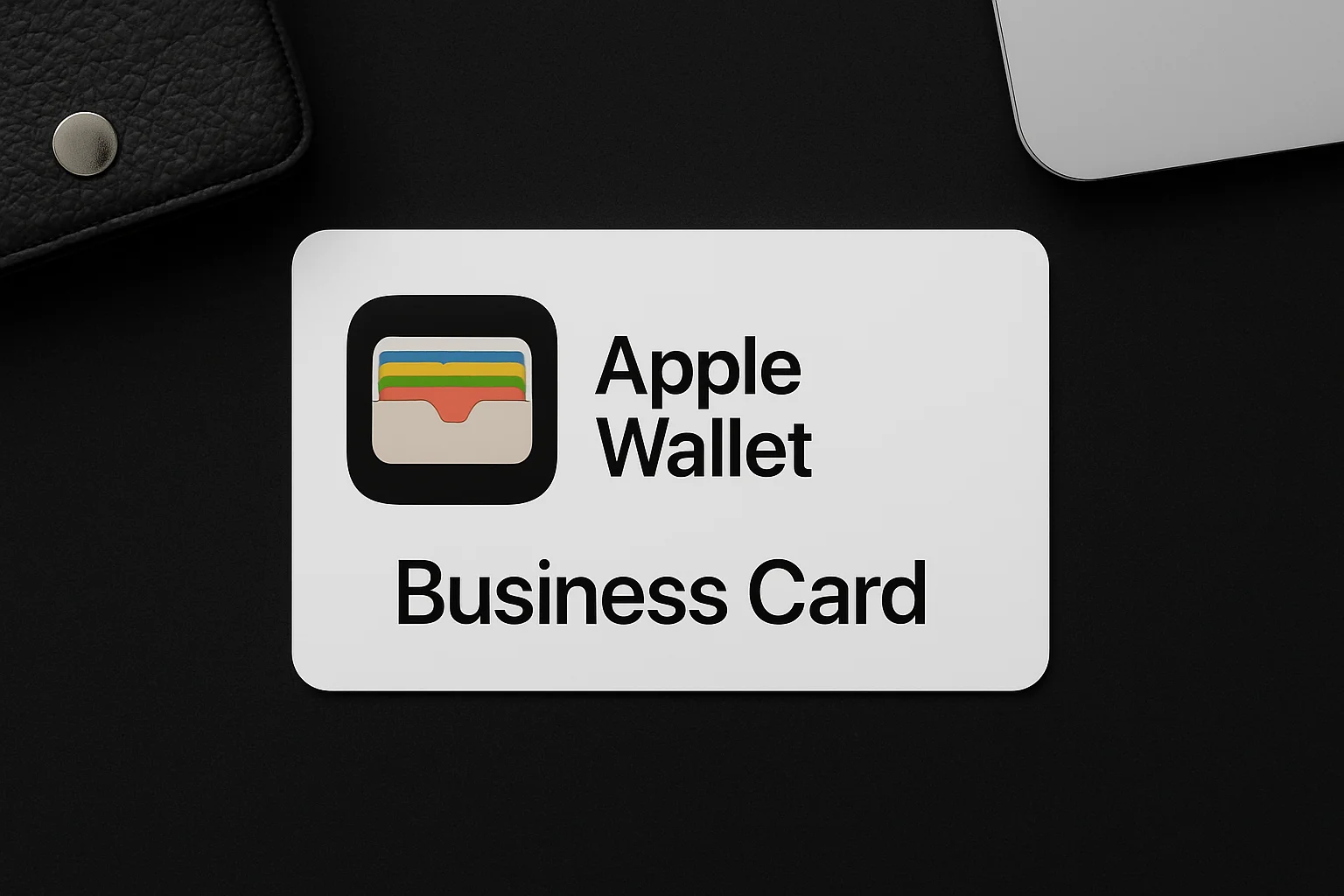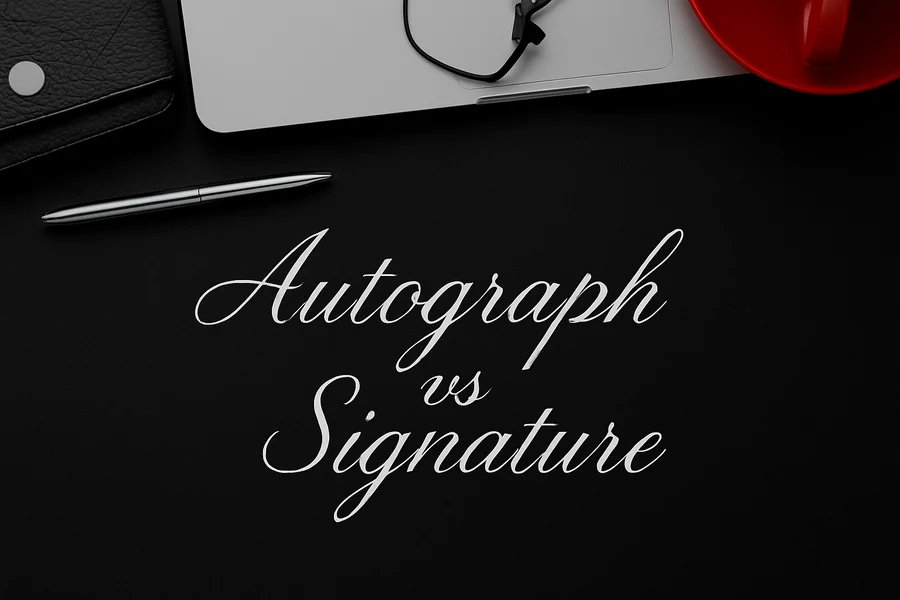Can Your Signature Be Your Initials?
The simple answer is yes. Many people choose to sign using only their initials—whether for convenience, personal preference, or as a way to create a unique and recognizable mark.
Legality of Using Initials
Legally, there is no strict rule requiring a signature to be a person’s full name. A signature represents identity and intent, which means initials are acceptable provided they:
- Are unique to the individual.
- Can be consistently identified as belonging to that person.
- Show intent to approve or authenticate a document.
Note: Laws and requirements may differ depending on the jurisdiction or type of agreement, so consulting a legal expert for important documents is always a good idea.
Practical Benefits of Signing with Initials
Opting for initials instead of a full name offers several advantages:
- Efficiency – Faster to write, especially for people with long or complex names.
- Professional Style – Initials often appear clean, modern, and refined.
- Prestige Factor – Many notable figures throughout history signed with initials, giving this method a sense of distinction.
- Privacy & Security – Using initials instead of a full name can reduce the risk of forgery and protect personal information.
A signature doesn’t have to be elaborate to be valid. Whether you prefer a full name or just initials, what matters most is consistency and the intent behind your mark. Initials can be a practical, stylish, and secure way to represent your identity.

What’s The Difference Between Signing With Initials vs Your Full Name?
Signing with initials is faster and convenient for brief confirmations, like initialing multiple pages. However, initials are less distinctive and can cause confusion if shared by others. A full name signature is more unique, harder to forge, and carries greater weight in legal and formal contexts. Key differences include:
- Convenience — initials are quick to write and useful when multiple confirmations are needed on the same document.
- Uniqueness — a full name signature is more distinctive and offers stronger resistance to imitation.
- Legality — while both initials and full names can be legally binding, institutions and courts often prefer full signatures for clarity.
- Verification — initials may be ambiguous, whereas full signatures are easier to authenticate in legal or financial contexts.
- Context — initials are often acceptable for informal or internal documents, but full names are the standard for contracts, banking, and government paperwork.
For example, “J.D.” could apply to thousands of people, but a carefully written full signature such as “John Doe” creates a recognizable personal mark that is easier to verify in court or official records. While initials can still be legally valid if used with clear intent, full signatures remain the safer choice for important agreements and high-stakes documents.
Are Initials as a Signature Legally Binding?
Are Digital Documents Accepted When Signing With Initials?
Yes, initials can be legally binding if they clearly show your intent to sign. U.S. courts generally focus on intent rather than form. If you use your initials as a signature on a contract and the other party accepts them, it will usually hold up legally. According to the Uniform Commercial Code (UCC) and the E-Sign Act, what matters is that the mark—whether full name, initials, or digital signature—was meant to authenticate the document. Still, for critical legal documents like wills, deeds, or affidavits, many states require a full signature to minimize disputes.
- Get a signature you’ll love — and the training to master it
- Quick, elegant, unforgettable
How To Initial a Document Electronically
Initialing a document electronically is easier than ever thanks to modern signing platforms. Here are the common steps:
- Upload the document to a secure e-signature platform.
- Select the “initial” option, which lets you type or draw your initials.
- Place your initials in the required boxes or fields.
- Verify your identity if requested (via email or two-factor authentication).
- Save or send the finalized document.
This process creates a digital record proving who signed, when they signed, and how, which makes initials legally enforceable in most cases. Businesses often use initials for contracts, agreements, and internal approvals to save time while maintaining compliance.

“Designing my own signature gave my work a unique and recognizable personal touch.”
Helen B., Instrumentalist
What Counts as a Legal Signature?
A legal signature is not defined by its appearance but by its intent. It can be:
- A full handwritten name
- Initials
- A simple mark or symbol
- A typed name
- An electronic signature using a signing platform
- A scanned image of a handwritten signature
- A signature made with a stylus or finger on a touchscreen device
- A digital certificate or cryptographic signature
- A unique identifier adopted by a person with the intent to authenticate a document
According to the Uniform Commercial Code (UCC), a signature is valid if it is “any symbol executed or adopted by a person with the intent to authenticate a writing.” This means your initials or other authorized marks qualify, as long as you intend them to serve as your official mark. The important part is not how your signature looks, but whether it consistently represents you and your approval.
Conclusion
Yes, your signature can be your initials, whether on a physical contract, each page of an agreement, or a digital document, and they can often be legally binding. While some legal or government documents may still require a full handwritten name, using initials offers speed, convenience, and added privacy. They simplify the signing process, maintain professionalism, and are widely accepted in electronic formats. As long as your initials are unique to you and clearly indicate intent, they serve as a valid signature. In the digital age, embracing initials is an efficient and practical way to sign documents securely.





